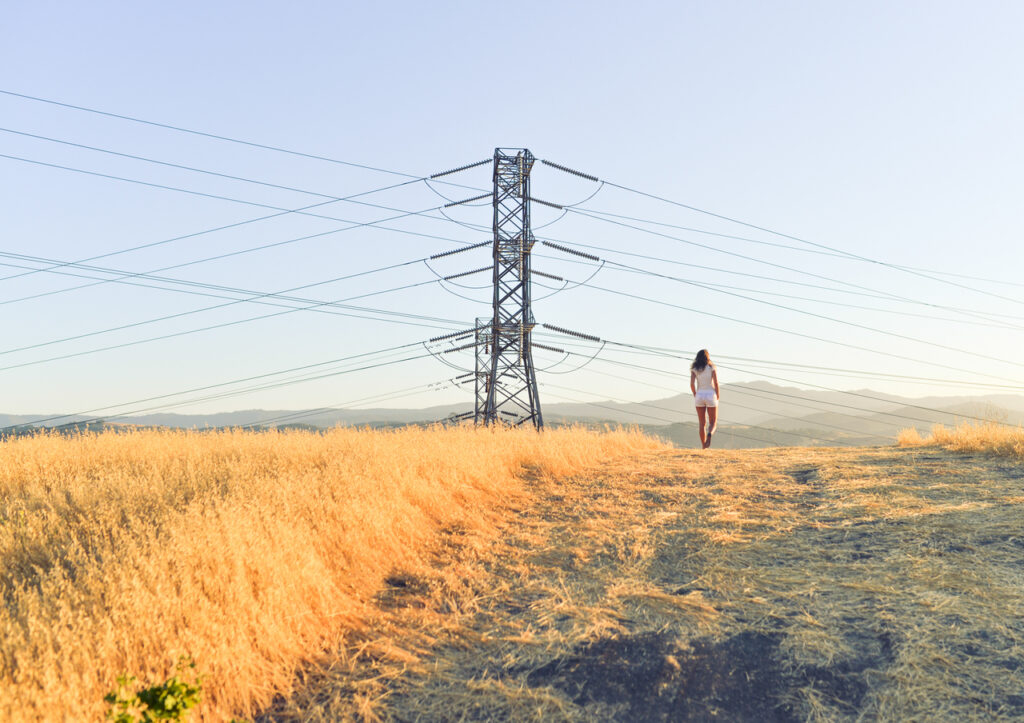Scottish and Southern Electricity Networks (SSEN) has teamed up with E.ON and Costain to develop an innovative solution to energy security it rural areas.
The Resilience as a Service (RaaS) project has secured over £10 million of funding from Ofgem’s Network Innovation Competition (NIC) to examine how battery storage can be used with local energy resources to provide low carbon, cost effective network resilience.
It will look at how smart systems could be used to respond to faults in rural networks, which are currently served by diesel generators on the rare occasions faults occur. The companies argue that by developing a market-based solution, utilising batteries and local renewables energy, RaaS could provide a sustainable solution and improve security.
Stewart Reid, head of Future Networks for SSEN said the project will help revolutionise the way the company provides a safe and reliable supply of electricity whilst helping to transition to net zero.
“The proliferation of low-carbon technologies is fundamentally changing the way our energy system operates and is managed. This change brings tremendous opportunities, including driving value from local renewable generation and energy storage playing a role in local resilience.
“The project focuses on real life application to allow us to mitigate and address any challenges that arise. RaaS will be a key part in supporting batteries and distributed generation playing an even greater role in the UK’s energy system.”
RaaS will run over four years, and build on E.ON’s earlier ‘Simris’ demonstration project in Sweden. This saw the supplier island a section of grid during planned network interruptions, and supply it with a combination of renewables, energy storage and smart energy management techniques.
“To achieve a faster and more affordable energy transformation across Europe, we need more forward-thinking collaborations and exchange of key expertise,” said Luis Hernandez, head of Innovation, Energy Communities and Networks at E.ON Innovation.
“For instance, in Simris, Sweden, we installed an innovative energy system, which can run on up to 100 percent locally produced renewables. Through that, we generated the necessary know-how to understand how battery systems and community solutions can achieve a faster and cheaper energy transition. We apply this knowledge in RaaS to support SSEN in enabling their customers to benefit from their current and future locally installed renewable plants.”
RaaS will begin by focusing on the technical and commercial development of the new solution that will respond to a fault and return the supply.
In 2022, the group will build and operate a pilot project as part of the second phase of RaaS. The first demo-site will be installed in a remote location of Scotland and used to showcase the solution as well as provide learnings. Then, from 2024 these will be replicated on a wider scale.
Paul French, director B2B Solution Sales UK at E.ON said the RaaS project will demonstrate not only how resilience and be improved at a lower cost, “but also how this can be done in a carbon neutral way by applying new technologies and smart controls.
“We are looking forward to this collaboration with SSEN and Costain, and the opportunity to contribute to another small but important step toward a sustainable and CO2-free future.”






